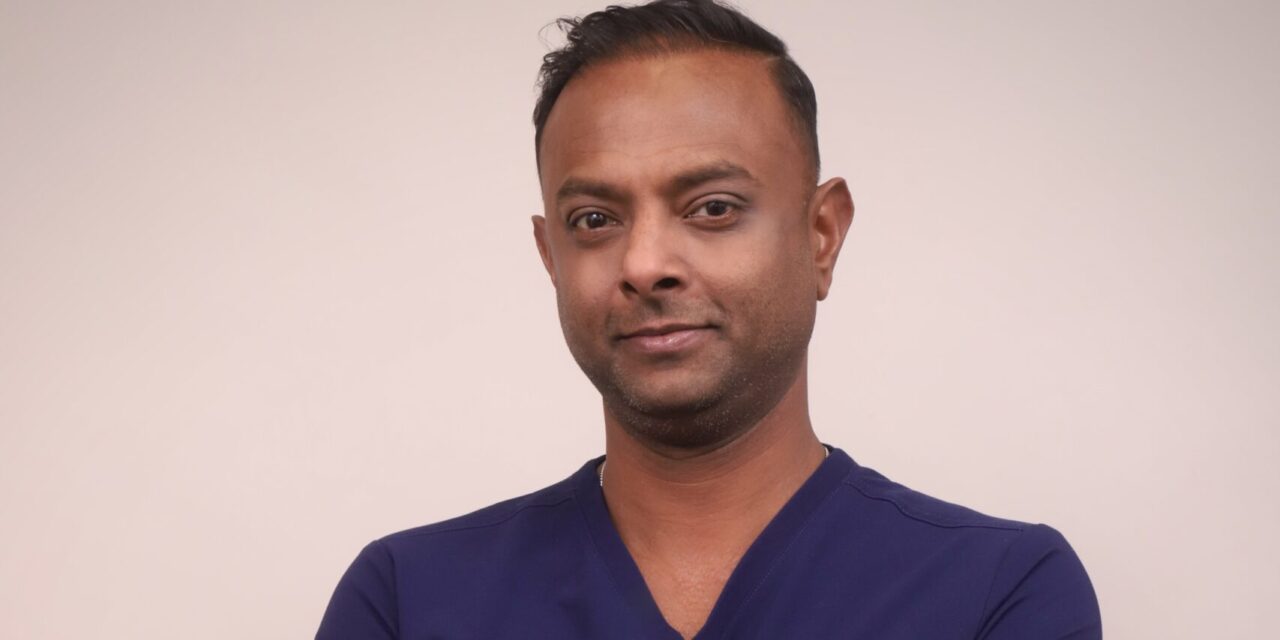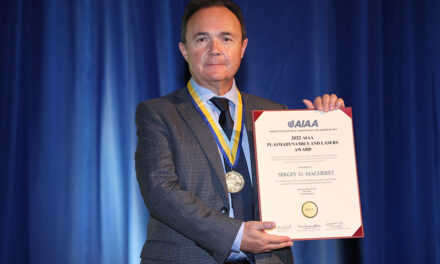Dr. Suganthan Kayilasanathan is a distinguished family physician based in Toronto, known for his dedicated approach to comprehensive patient care. Originally from the Seychelles Islands, he migrated to Canada in 1988, bringing a unique, multicultural perspective to his medical practice. Dr. Kayilasanathan completed his BSc at the University of Western Ontario, followed by an MD from the Medical University of the Americas. He finished his residency in family medicine in 2009, solidifying his passion for holistic healthcare.
Dr. Kayilasanathan excels in integrating his deep understanding of diverse cultural backgrounds with cutting-edge medical practices to provide tailored and empathetic care to his patients. His commitment extends beyond the clinic through his active participation in community service and his role as a mentor for young medical professionals. Dr. Kayilasanathan is also an advocate for leveraging technology to enhance healthcare accessibility and effectiveness, particularly through telemedicine and electronic health records.
In his spare time, he enjoys hiking, playing chess, and engaging in various sports, which reflect his belief in maintaining a balanced lifestyle for overall well-being.
What initially drew you to specialize in family medicine over other medical specialties?
Family medicine attracted me because of its holistic approach to health. It allows me to see health dynamics across a person’s entire lifespan, addressing a wide spectrum of health issues. This specialty enables me to build long-term relationships with patients, which is crucial for providing continuous and comprehensive care. It’s deeply rewarding to see the direct impact of preventive care and lifestyle advice on my patients’ lives.
How do you keep your practice up to date with the latest medical research and developments?
Staying current is essential in medicine. I regularly attend medical conferences, participate in workshops, and read extensively from peer-reviewed journals. Additionally, I’m part of several professional networks that focus on sharing the latest research and clinical best practices. This ongoing education helps me incorporate cutting-edge knowledge into my daily practice to better serve my patients.
Can you share an experience where you had to advocate for a patient within the healthcare system?
Certainly. I once treated an elderly patient who needed specialized care for a rare neurological condition. The wait times for the specialist were prohibitively long, which would have delayed essential treatment. I advocated for the patient by reaching out to colleagues and utilizing my professional network to expedite the referral process. It was a reminder of the importance of persistence and advocacy in achieving the best outcomes for patients.
What’s one piece of technology in your practice that has significantly improved how you deliver care?
Telemedicine has been transformative, especially in how I reach and treat patients in remote or underserved areas. It allows for regular follow-up and management of chronic conditions without the need for physical travel, which can be a barrier for many of my patients. This technology has made healthcare more accessible and consistent, which is vital for effective long-term care.
What role does empathy play in your daily interactions with patients?
Empathy is central to everything I do as a physician. It helps me understand and connect with patients, which in turn improves the care I provide. Showing empathy can also encourage patients to be more open about their symptoms and concerns, which is crucial for accurate diagnosis and effective treatment. I believe that empathy leads to better patient satisfaction and health outcomes.
How do you balance your professional responsibilities with your personal life and hobbies?
Balancing professional and personal life requires deliberate planning. I set strict boundaries to ensure I have time for family and personal interests, like hiking and playing chess. I also make sure to manage my schedule so that my weekends are largely free, allowing me uninterrupted time to relax and rejuvenate. This balance is crucial not just for personal well-being but also for maintaining the passion and focus needed in my medical practice.
In what ways do you contribute to the training and mentoring of younger doctors or medical students?
I regularly invite medical students to shadow me in my clinic, providing hands-on learning experiences. I also give lectures at medical schools and serve as a mentor in formal programs. I believe sharing knowledge and practical skills with the next generation of doctors is essential for advancing the field of medicine.
What’s a common misconception about family medicine that you frequently encounter?
A common misconception is that family medicine is less challenging than other specialties. In reality, family medicine requires broad knowledge across many areas of medicine and the ability to make quick, often complex decisions. It’s a dynamic and challenging field that is crucial to the healthcare system.
How do you approach the issue of health literacy with your patients?
Improving health literacy is fundamental to patient care. I make a conscious effort to communicate in clear, jargon-free language and encourage questions to ensure understanding. I also provide printed or digital resources that patients can refer to at home. Educating patients about their health promotes better disease management and empowers them to make informed decisions about their care.
Looking ahead, what are you most excited about in the field of family medicine?
I am particularly excited about the potential for personalized medicine within family practice. Advances in genetics and biotechnology will enable us to tailor treatments to individual genetic profiles, improving efficacy and reducing side effects. This shift towards more personalized care will revolutionize how we prevent, diagnose, and treat diseases, making an already rewarding field even more impactful.




